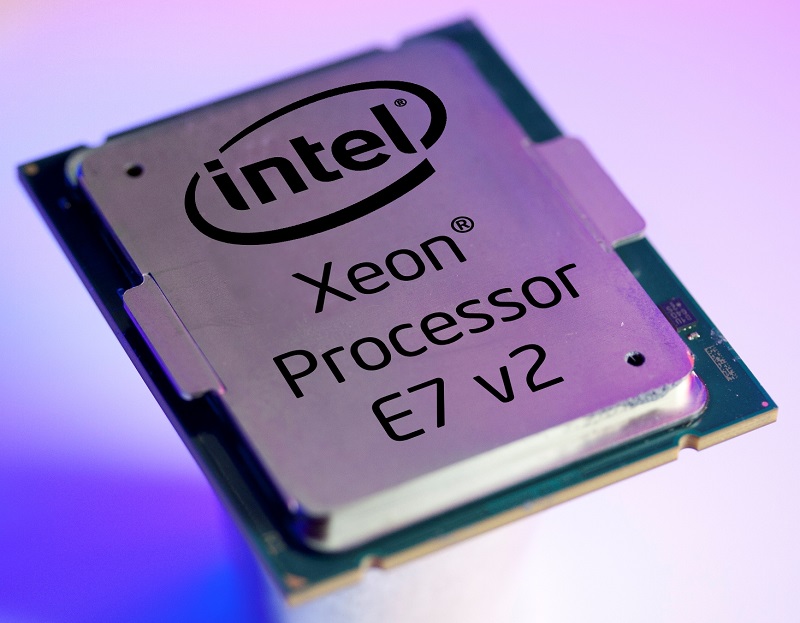New chip family to boost big data analytics, says Intel
By Digital News Asia February 24, 2014
- New capabilities to process and analyse large, diverse amounts of data
- 2x average performance and 4x times I/O bandwidth of previous generation
 INTEL Corporation has introduced the Intel Xeon processor E7 v2 family, which it claimed delivers new capabilities to process and analyse large, diverse amounts of data to unlock information that was previously inaccessible.
INTEL Corporation has introduced the Intel Xeon processor E7 v2 family, which it claimed delivers new capabilities to process and analyse large, diverse amounts of data to unlock information that was previously inaccessible.
“Organisations that leverage data to accelerate business insights will have a tremendous edge in this economy,” said Diane Bryant, senior vice president and general manager of Intel’s Data Centre Group.
“The advanced performance, memory capacity and reliability of the Intel Xeon processor E7 v2 family enable IT organisations to deliver real-time analysis of large data sets to spot and capitalise on trends, create new services and deliver business efficiency,” she said.
Big data and the Internet of Things (IoT) are providing enormous opportunities for many organisations to grow as they create revenue-generating services from the information they are able to derive, Intel said in a statement.
The big data technology and services market is expected to grow 27% annually through 2017 to reach US$32.4 billion, according to research firm IDC.
A leading driver of this growth is the immense amount of data coming from connected devices making up the IoT, which is projected to grow to 30 billion devices by 2020.
Investments in the highest performing technologies and analysis solutions can also deliver significant cost savings, Intel said.
The Intel Xeon processor E7 v2 family has triple the memory capacity of the previous generation processor family, allowing much faster and thorough data analysis. In-memory analytics places and analyses an entire data set – such as an organisation’s entire customer database – in the system memory rather than on traditional disk drives.
This method is gaining in popularity due to the increased need for more complex analytics, Intel said.
Industry analyst firm Gartner expects 35% of mid- to large-sized companies will adopt in-memory analytics by 2015, up from 10% in 2012 and predicts at least 50% of Global 2000 companies will use in-memory computing to deliver significant additional benefits from investments in enterprise resource planning (ERP).
Built for up to 32-socket servers, with configurations supporting up to 15 processing cores and up to 1.5 terabytes (TB) of memory per socket, the new processor family achieves twice the average performance of the previous generation, Intel claimed.
These enhancements help businesses that run mission critical applications including business support systems (BSS), customer relationship management (CRM), and ERP to operate more efficiently, at lower cost and with faster response times, it added.
For example, a sales team with these capabilities can maximise revenue by pinpointing the best time to sell a product, or let an oil and gas company better predict when its platforms require preventative maintenance, the company said.
Related Stories:
Disrupt: IoT to be a goldmine for app developers
Internet of Things: Installed base of 26bil units by 2020
Dell, Intel and Revolution Analytics set up big data innovation centre in Singapore
SAP powers up for HANA-powered Business Suite in APAC
For more technology news and the latest updates, follow us on Twitter, LinkedIn or Like us on Facebook.


